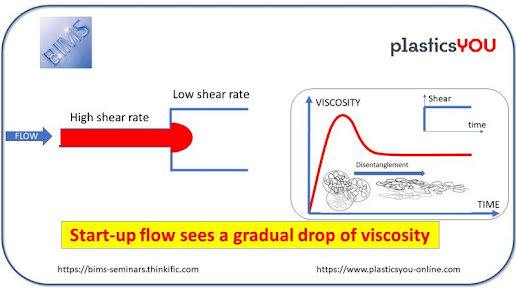Andromeda Selects Net Cages Made of Dyneema® Fiber for Maintaining Efficient Aquaculture
Fish farming plays a key role in providing a sustainable source of protein to the earth's ever-growing population. Increasing international demand for all types of sea food is driving the aquaculture industry to develop more economic and extensive operations. (Aquaculture encompasses not only fish farming but also farming for shrimps, oyster, seaweed and other species.) This places huge demands on equipment, manpower and materials as well as the environment.
Greek aquaculture company Andromeda aims to become the leader in its field in the Mediterranean. It is using nets and cages with Dyneema® ultra-high molecular weight polyethylene (UHMWPE) fiber to sustain healthy growth and above-average profitability. Greece is a key country in aquaculture in the Mediterranean and Andromeda is one of the country's top five aquaculture companies.
Andromeda started using netting made from Dyneema® more than five years ago (2005). Today it has over 80 nets with Dyneema® installed. This accounts for almost 25% of all nets Andromeda uses for sea bream farming. Andromeda is considering using nets with Dyneema® for sea bass as well.
"Net cages made with Dyneema® fiber are lighter and stronger than cages made in other, traditional fibers. They are also much easier to handle. As a result, they provide a safer working environment by reducing bodily strain and physical requirements. The lighter nets also require 40% less use of antifoulants than nylon nets", says Antonis Raftopoulos, Purchasing Manager at Andromeda. "This not only has a positive environmental impact but also produces significant cost savings."
Dyneema® fibers are highly impervious to wear and tear. They resist fish bites much better than other materials, so fewer fish escape, and their high resilience hampers predators like seals, turtles and bluefish from damaging and entering the cages. Dyneema® is also helping Andromeda cut maintenance costs. "We are confident that with Dyneema®, we can reduce diving inspections by 50%" says George Tzamalis, Production Supervisor at Andromeda. "Furthermore, nets made from Dyneema® only need cleaning every 12 months, while nylon nets have to be cleaned after 7 months. Netting with Dyneema® has a smaller diameter meaning up to 30% less surface area to catch dirt. When using a clean net from Dyneema® the fish grow faster and better."
Andromeda expects the benefits to last over time too. "We expect nets with Dyneema® to have a lifetime at least equaling that of nylon nets," comments Antonis Raftopoulos. "Our experience is that nylon nets show a steep decline in performance after some years. In contrast, nets with Dyneema® only lose strength gradually over time. They are worth the investment as they lead to overall savings of 10 to 15%."
"Dyneema® enables net manufacturers and fish farmers to harness a range of performance benefits that aid sustainable development," says Andre van Wageningen, Global Marketing Manager at DSM Dyneema. "Andromeda is the latest of many end users to have experienced the various benefits that nets with Dyneema® bring, and I am sure there will be many to come. DSM is committed to a sustainable future by driving innovation that generates value."


Comments
Post a Comment